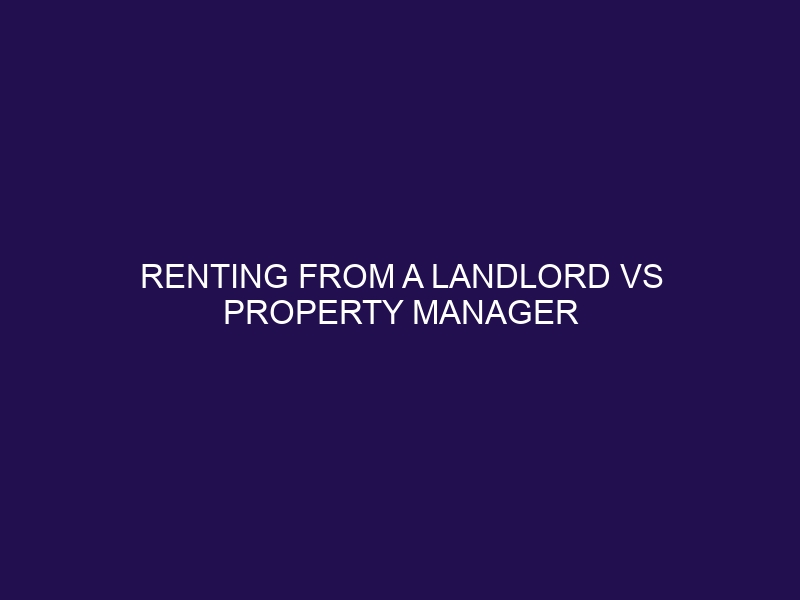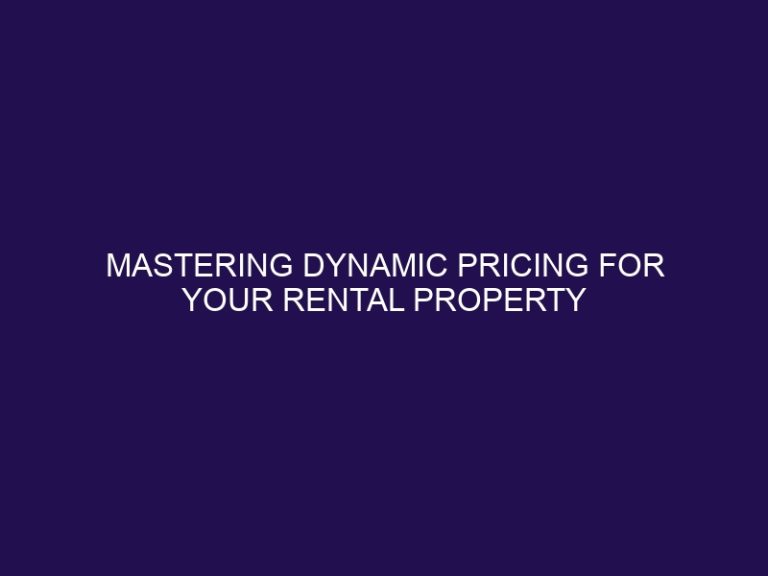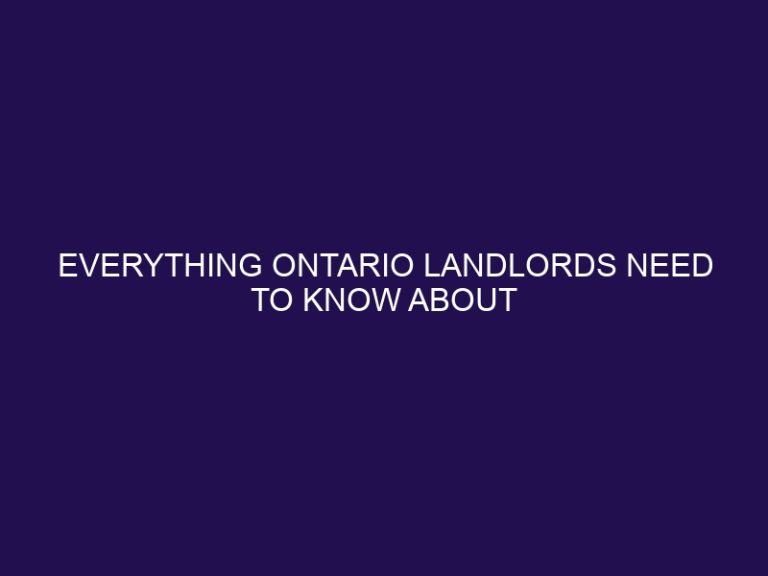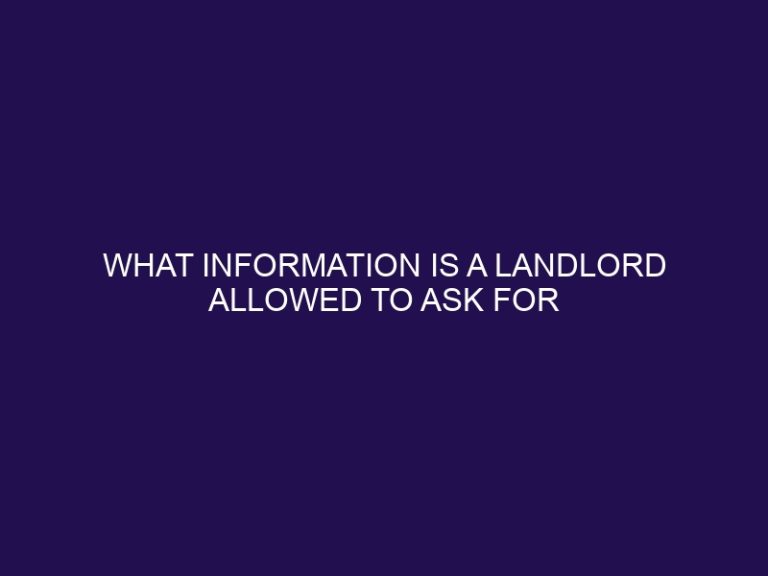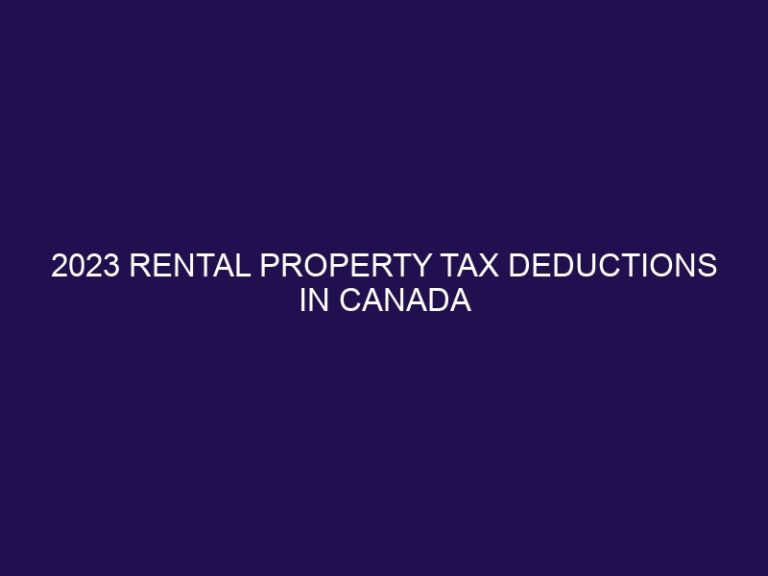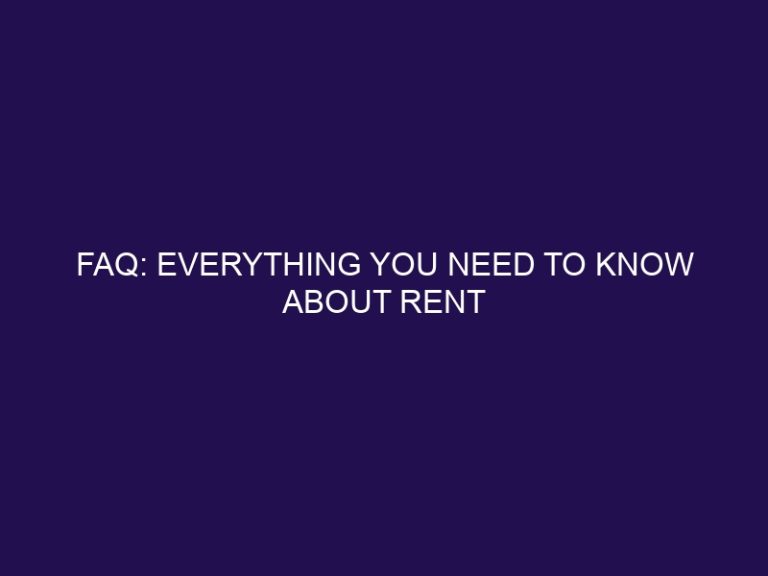Renting From a Landlord vs Property Manager
When it comes to renting a property, there are two main options: renting from a landlord or renting from a property manager. While both options involve a person or company who owns the property, there are some key differences between the two. Understanding these differences can help you make an informed decision when searching for your next rental.
A landlord is the owner of the property and is responsible for managing and maintaining it. They are often individuals who have invested in real estate and rent out their properties to generate income. On the other hand, a property manager is a professional or company hired by the landlord to handle the day-to-day operations of the rental property. They act as a middleman between the landlord and the tenant.
Renting from a landlord has its own set of pros and cons. Some of the advantages include a more personal touch and possibly lower rent prices. However, the downside is that you may not have immediate assistance for maintenance and repairs, and communication may be limited.
Renting from a property manager also has its own set of advantages and disadvantages. On the positive side, you can expect more efficient and professional handling of maintenance and repairs, as well as better communication and availability. On the downside, you may have less flexibility with lease terms and potentially higher rent prices.
Before choosing between a landlord or property manager, consider factors such as the cost, maintenance and repairs, communication and availability, and lease terms and flexibility. It’s important to weigh these factors and decide which is most important to you.
To find a reliable landlord or property manager, do your research and read reviews online. You can also ask for recommendations from friends or family who have rented from either before. When interviewing potential options, ask about their policies and procedures for maintenance and repairs, their availability for communication, and their lease terms and flexibility. This will give you a better understanding of how they operate and if they are a good fit for you.
In conclusion, both renting from a landlord and a property manager have their own benefits and drawbacks. It’s important to carefully consider your priorities and do your research to find the best option for your rental needs.
Key Takeaways:
What is the Difference Between a Landlord and a Property Manager?
What is the Difference Between a Landlord and a Property Manager?
A landlord is the owner of a rental property, while a property manager is hired to oversee and manage the property on behalf of the landlord. Landlords have direct communication with tenants, take care of property maintenance, and collect rent. On the other hand, property managers handle day-to-day responsibilities such as screening tenants, collecting rent, and managing property maintenance.
Pros and Cons of Renting from a Landlord
When it comes to renting a property, there are two main options: renting from a landlord or renting from a property manager. Each option has its own set of advantages and disadvantages. In this section, we will discuss the pros and cons of renting from a landlord, from the flexibility and potential for personal relationships to potential issues with maintenance and communication. By weighing these factors, you can determine if renting from a landlord is the right choice for you.
Pros:
- Landlord Pros: Direct communication, potential for flexible terms, personalized approach.
- Property Manager Pros: Professional maintenance, clear policies, emergency support.
Consider your preferences and needs to make an informed decision.
Cons:
Negatives of renting from a property manager may include:
- limited personalization for lease terms
- less flexibility for negotiation
Furthermore, some property managers may lack the personal touch and responsiveness that a landlord can provide.
Pros and Cons of Renting from a Property Manager
When it comes to renting a home, there are typically two options: renting from a landlord or renting from a property manager. While both have their advantages, in this section we will be discussing the pros and cons of renting from a property manager. From convenient services to potential drawbacks, we will cover all the important aspects to consider when deciding whether to rent from a property manager. So, let’s dive into the pros and cons of this popular rental option.
Pros:
- Pros of renting from a landlord:
- Independence: Landlords may offer more flexibility with lease terms.
- Personalized Service: Direct interaction and personalized attention.
Fact: Research shows that 80% of tenants value good communication with their landlords.
Cons:
- Cons:
- Uncertain Availability: Landlords may not always be readily available for urgent matters.
- Limited Resources: Property managers might have restricted authority to make major decisions without permission from property owners.
- Strict Policies: Property managers could enforce rigid rules and regulations, limiting tenant flexibility.
What to Consider Before Choosing to Rent from a Landlord or Property Manager
The decision to rent a property often involves choosing between renting from a landlord or a property manager. While both options have their merits, it is important to carefully consider various factors before making a choice. In this section, we will discuss the key considerations when deciding between a landlord or property manager, including the cost, maintenance and repairs, communication and availability, and lease terms and flexibility. By understanding these factors, you can make an informed decision that best fits your needs and preferences.
1. Cost
- Compare rental rates for similar properties in the area.
- Consider additional costs like utilities, parking, or amenities.
- Factor in potential negotiation opportunities for lease terms.
Analyze the overall cost to make an informed decision about renting.
2. Maintenance and Repairs
- Regular Maintenance: Make sure that the landlord or property manager has a proper maintenance and repairs plan in place.
- Clear Repair Protocols: Clarify how maintenance and repairs are reported and promptly addressed.
- Documentation: Ask for written agreements outlining the procedures for maintenance and repairs.
Pro-tip: Keep a record of all maintenance requests and repairs for future reference.
3. Communication and Availability
- Establish clear communication channels and preferred contact methods with the landlord or property manager.
- Discuss response times for maintenance requests and emergencies.
- Ensure availability for property viewings and lease discussions.
4. Lease Terms and Flexibility
- Carefully review all lease terms, paying close attention to potential rent increases, the length of the lease, and any early termination clauses.
- Communicate with the landlord or property manager about any desired flexibility in terms of lease adjustments or additional amenities.
- For added clarity and legal protection, it is recommended to request that any verbal agreements be put in writing.
How to Find a Reliable Landlord or Property Manager
When it comes to finding a place to rent, the landlord or property manager can make a significant difference in your overall experience. But how do you ensure that you are renting from someone reliable and trustworthy? In this section, we will discuss some essential tips for finding a reliable landlord or property manager. From researching and reading reviews to asking for recommendations and conducting interviews, these steps will help you make an informed decision and find the right person to rent from.
1. Research and Read Reviews
- Utilize online platforms like Yelp, Google Reviews, and social media to conduct thorough research on potential landlords or property managers.
- Consider reading testimonials and reviews on real estate websites or forums to gain valuable insights into others’ experiences.
2. Ask for Recommendations
- Reach out to friends, family, and colleagues for rental recommendations.
- Utilize social media or community forums to ask for recommendations on reliable landlords or property managers.
- Contact local real estate agencies or tenant associations for trusted referrals.
3. Interview Potential Landlords or Property Managers
- Research potential landlords or property managers online using reliable platforms.
- Seek recommendations from friends, family, or colleagues who have rented from the same landlords or property managers.
- Conduct interviews with potential landlords or property managers to discuss rental terms, communication methods, and any concerns regarding the property.
Frequently Asked Questions
What is the difference between renting from a landlord and a property manager?
Renting from a landlord means you are dealing directly with the property owner, while a property manager acts as a middleman between the tenant and owner.
Landlords own the rental property, while property managers manage the property but do not own it.
Landlord: A landlord can be an individual, couple, family, or entity like a company or partnership that owns the property they are renting out.
Property Manager: A property manager is a third party who oversees the rental property on behalf of the owner. They are responsible for tasks such as maintenance, communicating with tenants, and more.
What are the advantages of hiring a property manager for rental properties?
Hiring a property manager can save time and make running a rental business more professional. They handle tasks such as finding tenants, collecting rent, and handling maintenance, which can reduce the workload for the property owner.
Hiring a property manager also ensures that the property is being managed by a qualified professional who is knowledgeable about local laws and can prevent potential legal complications for the owner.
What are the disadvantages of hiring a property manager?
The cost and potential lack of control over the property are two major disadvantages of hiring a property manager. Property management services can be expensive and may cut into the monthly cash flow of the rental property. Additionally, some landlords may prefer to have more hands-on control over their property and may not want to rely on a third party for day-to-day operations.
It is important for landlords to carefully weigh the pros and cons before deciding whether to hire a property manager.
What are the responsibilities of a property manager?
Property managers have various roles and responsibilities, depending on the type of property they are managing and the services they offer. Generally, they handle tasks such as tenant selection, collecting deposits, creating lease documents, and collecting rent. They are also responsible for complying with local laws and regulations, handling maintenance and repairs, and resolving tenant issues.
How can hiring a property manager benefit owners who invest in properties outside of their local area?
Investing in properties in unfamiliar locations can be challenging for owners who may not be able to regularly travel to the property or handle day-to-day details and maintenance. Hiring a property manager can provide peace of mind for remote owners, as they can be assured that their property is being taken care of by a qualified professional. Property managers can also handle tenant issues and ensure that tenants receive timely and quality service.
What are some factors owners should consider before deciding whether to hire a property manager?
Owners should carefully consider the cost, potential loss of control over the property, and their own preferences for hands-on management before deciding whether to hire a property manager. They should also research the types of properties and services the property manager offers, as well as their reputation and track record. It is also important to discuss their screening policies and rent collection processes, as well as any fees or flat rates charged by the property management company.
In the long run, hiring a property manager can save stress and potentially make more money for the owner. However, it is important to weigh all factors and make an informed decision

